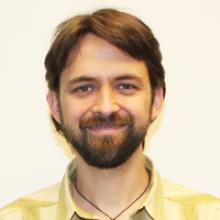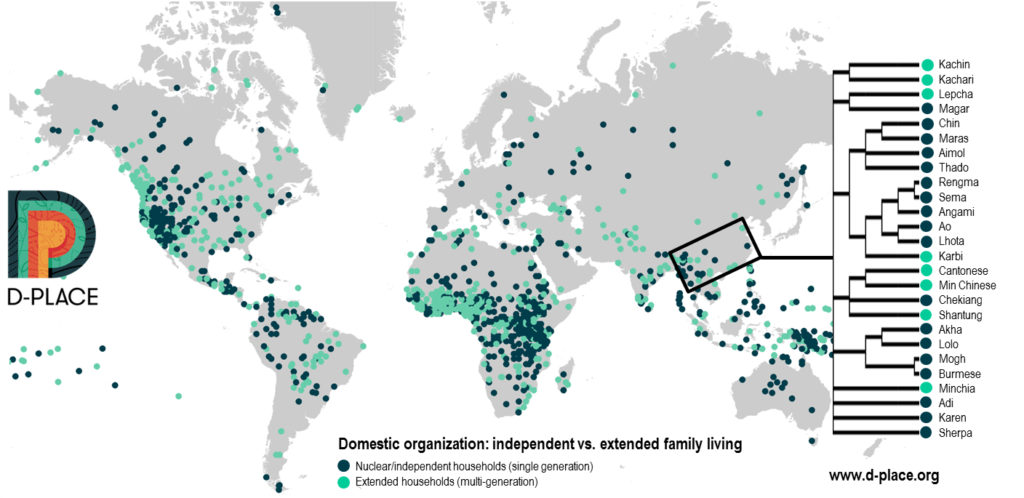Colorado State University’s Michael Gavin, associate professor in the Department of Human Dimensions of Natural Resources, is the senior author of a paper introducing D-PLACE – the Database of Places, Language, Culture and Environment, which brings together information on the language, geography, culture and environment of more than 1,400 human societies.

Gavin is part of an international team that developed the online database to help answer long-standing questions about the forces that shape human cultural diversity. The team introduced the database in a paper published July 8 in PLOS ONE.
Did you know that Sanskrit, Bengali, Afrikaans and Brazilian Portuguese are part of the same family of languages? Do you know where houses are shaped like beehives, and what the rules are for marriage in different societies? The answers to these questions and many more are in the database.
“Human societies hold incredible amounts of cultural diversity, which is expressed in so many ways, from the languages we speak, to how we build our homes, to the food we eat, to who we marry,” Gavin said. “Amazingly, we have little idea how all this diversity evolved. This new database provides a way for people to explore cultural diversity in societies across the world. And D-PLACE gives students and researchers access to the diverse data sources needed to examine the factors that shape the geography and evolution of cultural diversity.”
D-PLACE allows users to search by cultural practice (monogamy vs. polygamy), environmental variable (elevation, mean annual temperature), language family (Indo-European, Austronesian), or region. Search results can be displayed on a map, language tree, or in a table, and can also be downloaded for further analysis. The database contains information mainly on pre-industrial societies that were described by ethnographers in the 19th and early 20th centuries.

In addition to CSU, researchers who developed D-PLACE hail from University of Toronto, Max Planck Institute, University of Auckland, University of Bristol, Yale University, Human Relations Areas Files, Washington University, and University of Michigan.
The diverse team of linguists, anthropologists, biogeographers, data scientists, ethnobiologists, and evolutionary ecologists used a variety of research methods, including field-based primary data collection, compilation of cross-cultural data sources, and analyses of existing cross-cultural datasets to populate the database.
D-PLACE is designed to appeal to a broad user base, including members of the public interested in comparing their cultural practices with those of other groups, and cross-cultural researchers interested in exploring what drives cultural change and global patterns of cultural diversity.
The three-year project was supported by the National Evolutionary Synthesis Center, Max Planck Institute for the Science of Human History, and the National Science Foundation.
The Department of Human Dimensions of Natural Resources is part of the Warner College of Natural Resources at Colorado State University.